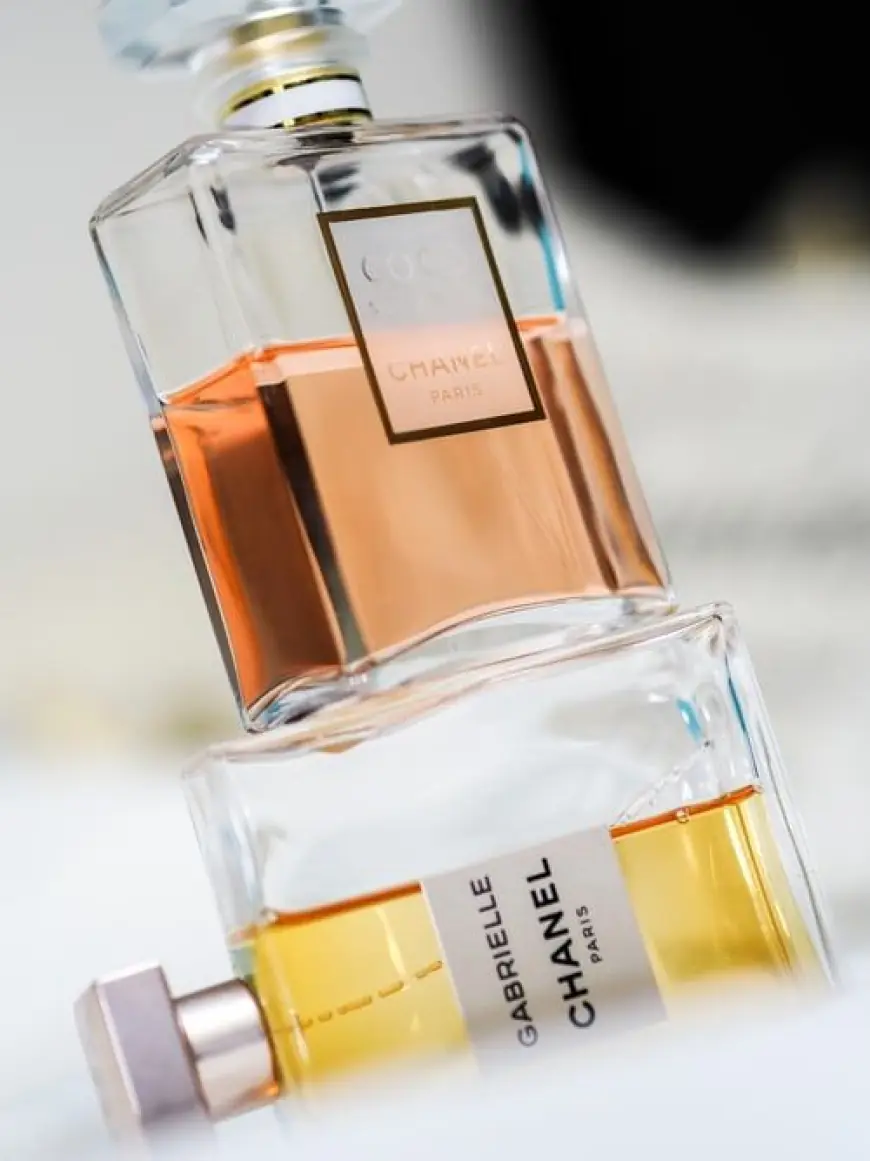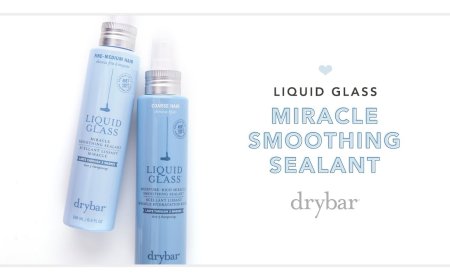The Difference Between Women’s Fragrance Oils & Alcohol-Based Perfumes

When choosing a signature scent, women often face a key decision: oil fragrance or alcohol-based perfumes? Both offer unique benefits, but they differ significantly in composition, wear, and effect.
In this guide, we’ll break down:
✔ Key differences between perfume oils and alcohol-based sprays
✔ Pros and cons of each type
✔ Best uses for fragrance oils (like vanilla perfume oil or Nemat perfume oil) vs. traditional perfumes
✔ How to choose the right one for your skin and lifestyle
1. Composition: What’s Inside?
? Perfume Oils (Fragrance Oils)
-
Made with concentrated scent oils (20-30% fragrance concentration)
-
Use a carrier oil (like jojoba or fractionated coconut oil) instead of alcohol
-
Often contain essential oils or synthetic aroma compounds
-
Popular types: vanilla perfume oil, musk perfume, sandalwood oil benefits
? Alcohol-Based Perfumes (EDP, EDT, EDC)
-
Made with perfume oils diluted in alcohol (ethanol)
-
Lower oil concentration:
-
Eau de Parfum (EDP): 15-20%
-
Eau de Toilette (EDT): 5-15%
-
Eau de Cologne (EDC): 2-5%
-
-
Often include stabilizers and preservatives
2. Performance: Longevity & Sillage
| Factor | Perfume Oils | Alcohol-Based Perfumes |
|---|---|---|
| Longevity | 8-12+ hours (slow evaporation) | 4-8 hours (alcohol evaporates faster) |
| Sillage (Scent Trail) | Subtle, stays close to skin | Stronger projection, fills a room |
| Best For | Intimate wear, sensitive skin, layering | Bold presence, special occasions |
✔ Oils win for long-lasting, skin-melting scents (great for musk perfume lovers).
✔ Alcohol sprays win for instant impact (better for sandalwood oil benefits in EDPs).
3. Skin Compatibility & Sensitivity
? Perfume Oils: Gentle & Hydrating
✅ No alcohol – Less drying, ideal for sensitive skin
✅ Blends with natural oils – Mimics body oil for perfume effect
✅ Fewer allergens – Some avoid synthetic irritants
? Alcohol Perfumes: Potent but Harsh
⚠ Can dry skin – Alcohol strips natural oils
⚠ May cause irritation – Some synthetic additives trigger reactions
⚠ Not ideal for layering – Can clash with moisturizers
4. Scent Development & Complexity
? Perfume Oils: Linear & Smooth
-
Notes blend seamlessly (e.g., Nemat perfume oil stays musky from first apply)
-
Less "top note" burst, more consistent scent
? Alcohol Perfumes: Dynamic & Layered
-
Clear top, heart, base note progression
-
Citrus/florals hit first, then deeper notes (like vanilla perfume oil dry-downs)
5. Best Uses for Each Type
? When to Choose Perfume Oils
✔ All-day wear (lasts through workdays without fading)
✔ Sensitive skin (no alcohol burn)
✔ Layering (mix with body oil for perfume for custom scents)
✔ Hot climates (won’t evaporate as quickly as alcohol sprays)
? When to Choose Alcohol-Based Perfumes
✔ Special occasions (stronger sillage makes an impression)
✔ Quick application (sprays cover more area than roll-ons)
✔ Lovers of classic perfumery (complex note development)
6. Popular Examples of Each
? Top Perfume Oils
-
Nemat Vanilla Musk (warm, skin-like vanilla perfume oil)
-
Kuumba Made Persian Garden (floral-musk fragrance oil vs essential oil blend)
-
Sandalwood oil benefits (earthy, creamy solo wear)
? Iconic Alcohol Sprays
-
Chanel No. 5 (EDP) – Timeless floral-aldehyde
-
Dior J’adore (EDT) – Bright, feminine florals
-
4711 Original Eau de Cologne – Classic citrus-herbal
Final Verdict: Which Should You Choose?
? Pick perfume oils if you:
-
Want longevity over projection
-
Have dry or sensitive skin
-
Prefer subtle, personal scents
? Pick alcohol perfumes if you:
-
Love bold, evolving fragrances
-
Need strong sillage for events
-
Enjoy the ritual of spraying
Pro Tip: Try layering—apply a perfume oil first, then spritz an alcohol-based scent for boosted longevity!
What's Your Reaction?
 Like
0
Like
0
 Dislike
0
Dislike
0
 Love
0
Love
0
 Funny
0
Funny
0
 Angry
0
Angry
0
 Sad
0
Sad
0
 Wow
0
Wow
0























































